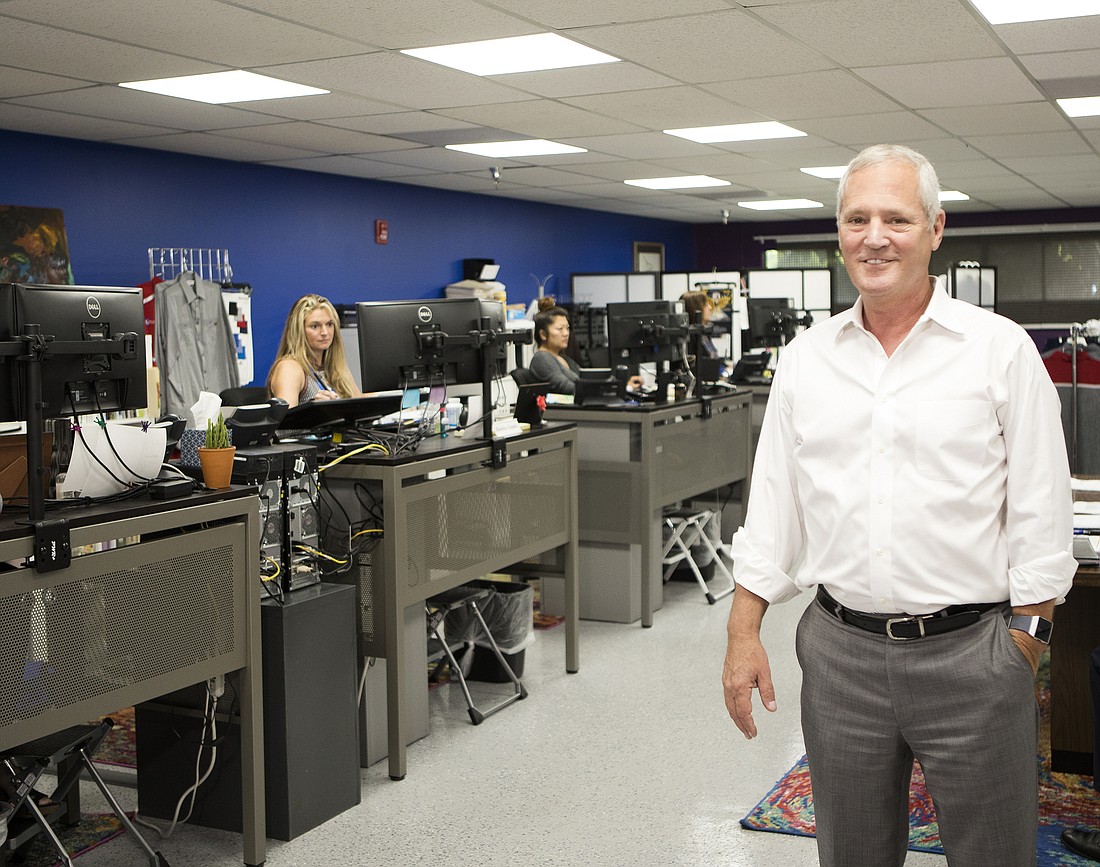- December 15, 2025
-
-
Loading

Loading

You’d think a $267 million, publicly traded company approaching 100 years in business would be more interested in celebrating the past than breaking with it.
But Superior Uniform Group, now known as Superior Group of Companies following a string of acquisitions, isn’t afraid to zig when others zag.